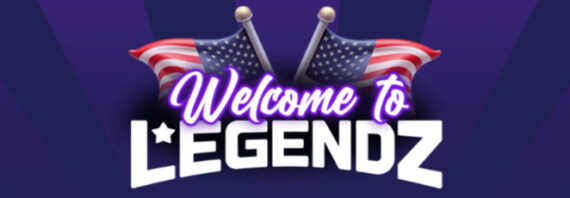Minnesota lawmakers are a step closer to bringing legalized sports betting to the North Star State. Last week, a bill to legalize sports betting in the state passed the first level of clearance. Specifically, Senate Tax Committee Chairman Roger Chamberlain’s bill passed his own panel on a 5-2 vote last week.
If the bill continues to make it all the way to becoming a law, it would permit sports gambling at Minnesota’s two horse-racing tracks, Running Aces in Columbus and Canterbury Park in Shakopee. The measure would also allow for sports betting at the state’s 21 tribal casinos. Finally, if approved Minnesotan’s would also be allowed to place bets on their mobile devices – but only through apps directly related to the two horse-racing tracks or certain approved in-state casinos.
Some estimates have yielded that the market for potential revenue from legalized gambling in Minnesota could reach well over two billion dollars a year. Other estimates put it closer to three billion dollars year. Either way – it would be a financial boom for the state. The proposed state tax percentage would be 6.75 percent – which is somewhat reasonable in comparison to other state’s proposals.
However, it may not be smooth sailing for the proposed measure. Most of the opposition comes from the Minnesota Indian Gaming Association. The tribes in the North Star state continue to oppose any sort of gambling not directly tied to bets made on tribal reservations. Of course, the tribes would like to continue their exclusive rights to a majority of gambling in the state.
In addition, Citizens Against Gambling Expansion, is another entity who is against bringing legalized sports gambling to Minnesota. Citizens Against Gambling Expansion has warned that any monetary potential in the state will be outweighed by social costs such as problem gambling, crime, bankruptcies, divorces and social services for affected families. Moreover, the Joint Religious Legislative Coalition, warned of potentially high social costs from legalized sports gambling. These types of arguments appear to be the standard approach made against the legalization of gambling. However, there is no concrete evidence to back-up these claims.
Overall, lawmakers in the North Star State remain optimistic about bringing sports betting to Minnesota. While there will always be advocacy groups opposing the expansion of legalized gambling – at the end of the day – the positive effects (i.e., jobs, money and tax revenues for the state) will greatly outweigh any of the perceived negative effects of legalized sports betting. We are hopeful that lawmakers will be able to properly negotiate with the tribes and allow them the control that they need to bring legalized sports betting to Minnesota. As is the case in most states, if lawmakers are able to provide a unified front with the tribal casinos then the sky will be the limit for legalized sports gambling. Giving the tribes their fair share of profits from expansion into mobile gaming will be the key negotiating point. The future of legalized sports betting in Minnesota is unclear – but positive steps have been taken as the bill has passed the initial step.



